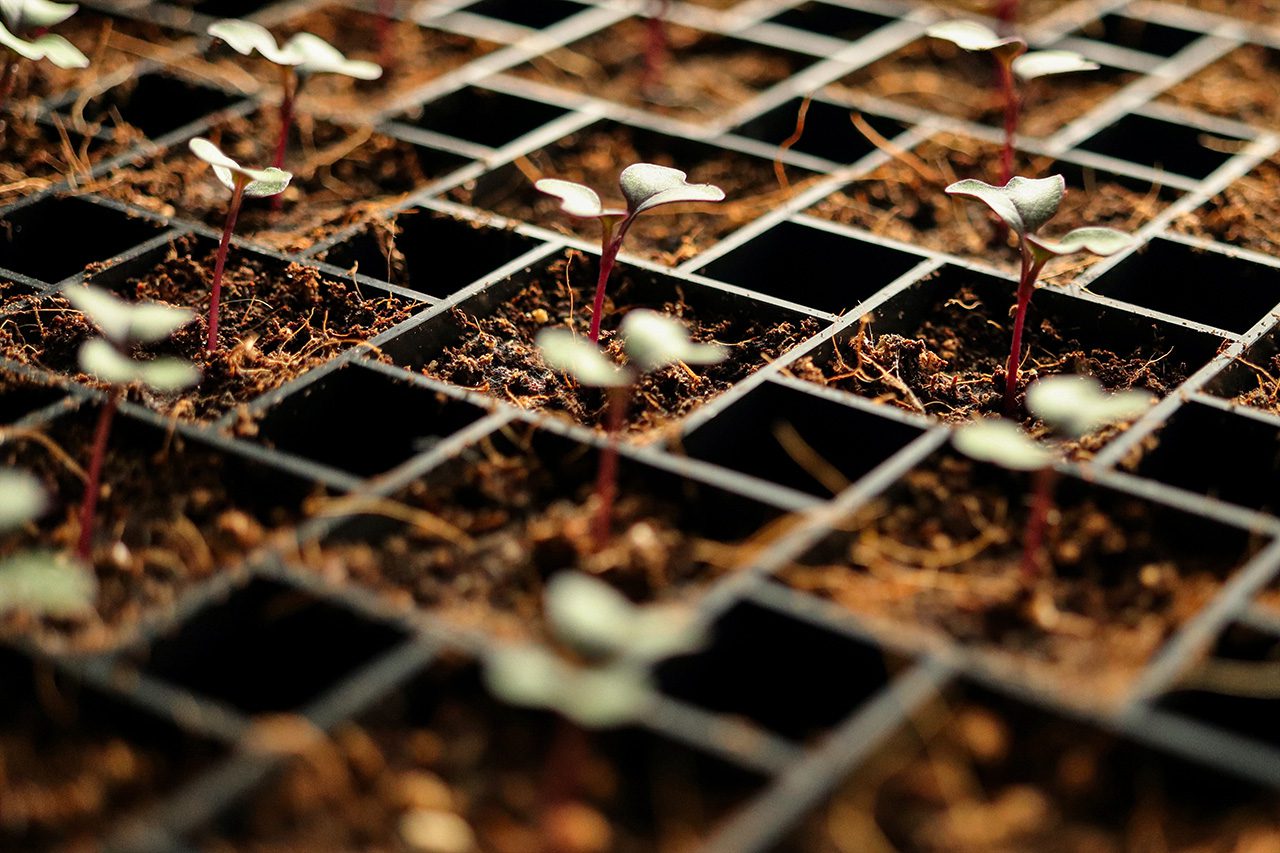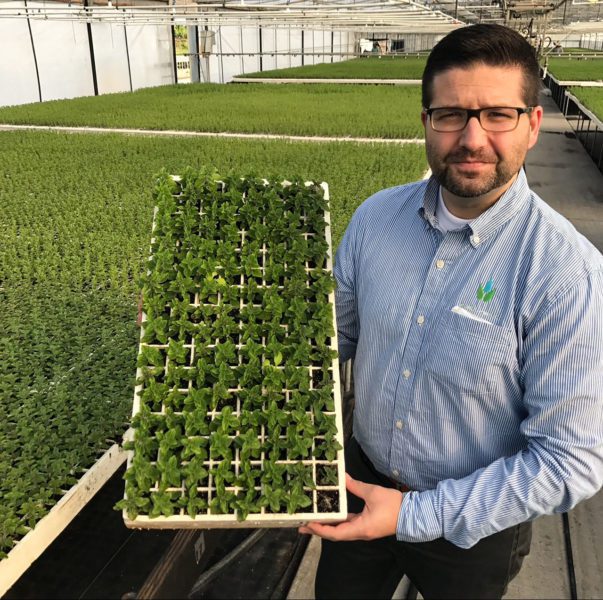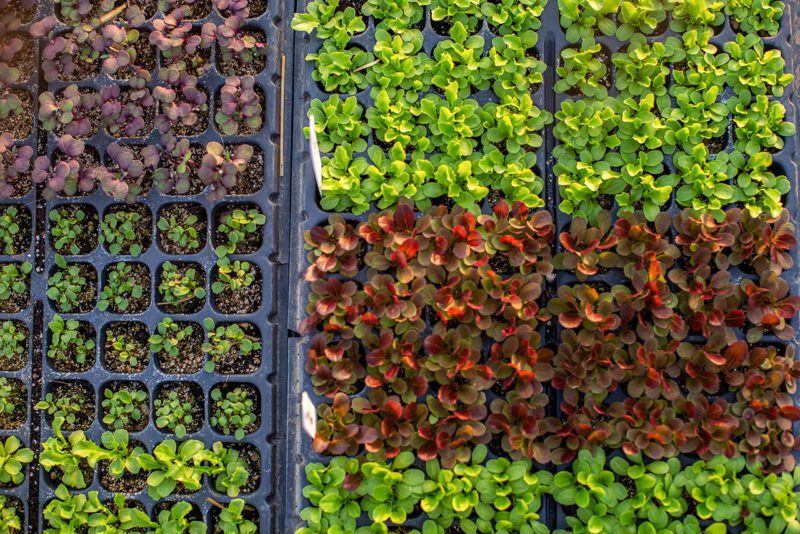Social Entrepreneurship and Resilience
How Climate Change Impacts People and Poverty.

In 2022, farmers faced numerous obstacles. Unstable and extreme weather conditions, poor soil quality, water scarcity, economic pressures, and eroding farmland are among the growing concerns that have taken a toll on the agriculture industry.
Over the last 70 years, there has been a significant decline in the nutrients present in our food. According to Jennifer Marston at AgFunders, the UN has estimated that nearly one-third of the population, or 2 billion people, are suffering from a lack of micronutrients. As soil degradation continues to occur at an alarming rate, the global food system is losing these essential micronutrients.
Additionally, approximately one-third of the world’s soils are already degraded, rendering the land less productive and posing a risk to both the food system and human health. Given that about 95 percent of our food comes directly or indirectly from the soil, it is unsettling to learn that a recent survey of Midwestern croplands found that 57.6 billion metric tons of topsoil already had eroded over the past few decades, with no indication of slowing down. This issue affects us all.

Through years of studying agricultural conditions globally, tracking environmental conditions related to excessive fertilization, conversing with government officials, and hearing the concerns of farmers, I have come to the conclusion that the future of agriculture lies in technology-based, cost-saving practices that measure crop deficiencies, reduce the need for large quantities of chemicals, replenish and maintain soil and plant nutrients, and increase crop yields.
Nanotechnology has the potential to greatly benefit areas that depend on agriculture but face challenging growing conditions. Recent developments in the relationship between nanotechnology and agriculture demonstrate promising signs of new farming practices that could eventually reverse poor growing conditions and improve crop yields.
While nanotechnology is relatively new to the agricultural industry, it has already been successful in remedying contaminated soils and water supplies through the development of more efficient water filtration systems. Additionally, it has contributed to food safety and security through applications that enhance food packaging and processing.
Nanotechnology has the potential to greatly benefit areas that depend on agriculture but face challenging growing conditions.
Our research at Nano-Yield using nanoparticles in fertilizer has also perfected ways to quickly penetrate plant barriers for optimal nourishment without washing away and impacting downstream waterways. Nanotechnology utilizes biosensors and nanoparticles that improve nutrient absorption and identify pathogens at a molecular level, targeting the root cause. This results in:
Increased Plant Uptake — Nanoparticles can be engineered to increase the uptake of nutrients by plants. For example, silica nanoparticles have been shown to increase phosphorus uptake by plants. Using a fertilizer formulated with nanoparticles means farmers can use fewer chemicals without compromising plant production and growth. Farmers can treat the same acreage with cups of fertilizer rather than bags.
Crop Protection — Nanoparticles can create innovative pesticide delivery systems that target specific pests, reducing the amount of pesticide needed and minimizing harm to beneficial insects and the environment.
Water Management — Nanotechnology can also help develop water purification systems to treat and recycle wastewater and remove contaminants from irrigation water.
Sustaining valuable water resources and sustainability is a constant issue for farmers. In Utah, where Nano-Yield is headquartered, we see the effects of excessive fertilization leaking into our lakes and waterways. For instance, nitrogen and phosphorus are essential for plant growth, but harmful levels of both elements can contaminate water sources.

Effective water management is one of the advantages of nanotechnology-based agriculture, and it is sustainable in any global region impacted by limited water resources. The unique surface area of nanomaterials supports the science behind this “new age” nanofiltration system.
As the world’s population is expected to double from 3.4 billion in 2009 to 6.3 billion people in 2050, agriculture production will need to grow by 70% to meet the demand. Agriculture currently uses 70% of the world’s freshwater supply for irrigation, with 64 billion cubic meters of freshwater being consumed annually.
Clean water, healthy soil, and access to food are universal needs that underscore the interdependence of agriculture. Whether in Utah or Bangladesh, optimizing plant growth and production at a molecular level while proactively caring for soil and water supplies is crucial for feeding the world.
Nanotechnology has the potential to revolutionize agriculture, increasing productivity, sustainability, and efficiency.
Related Content
Comments
Deep Dives
RECENT
Editor's Picks
Webinars

Featuring
Lizz Welch & Jennifer Roglà
iDE
May 16 - 12:00 PM EST
News & Events
Subscribe to our newsletter to receive updates about new Magazine content and upcoming webinars, deep dives, and events.
Become a Premium Member to access the full library of webinars and deep dives, exclusive membership portal, member directory, message board, and curated live chats.
0 Comments